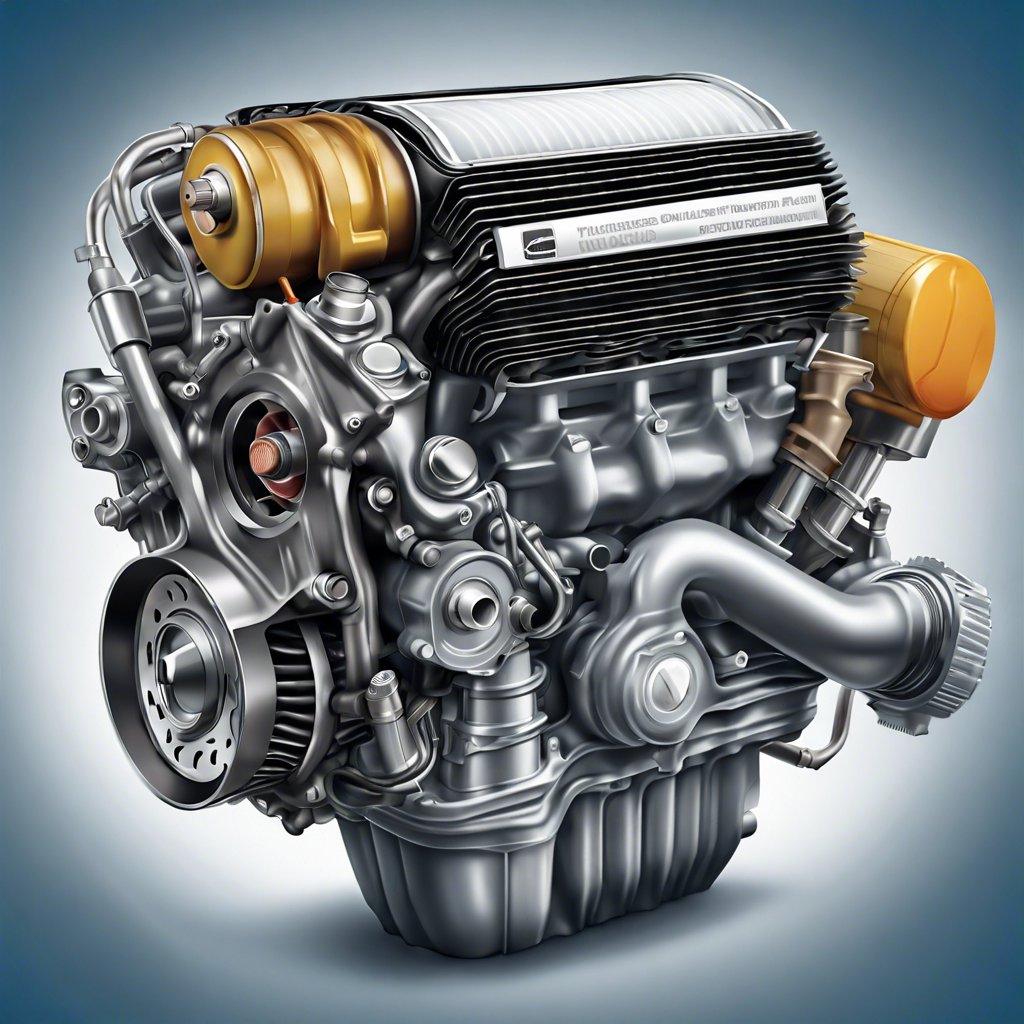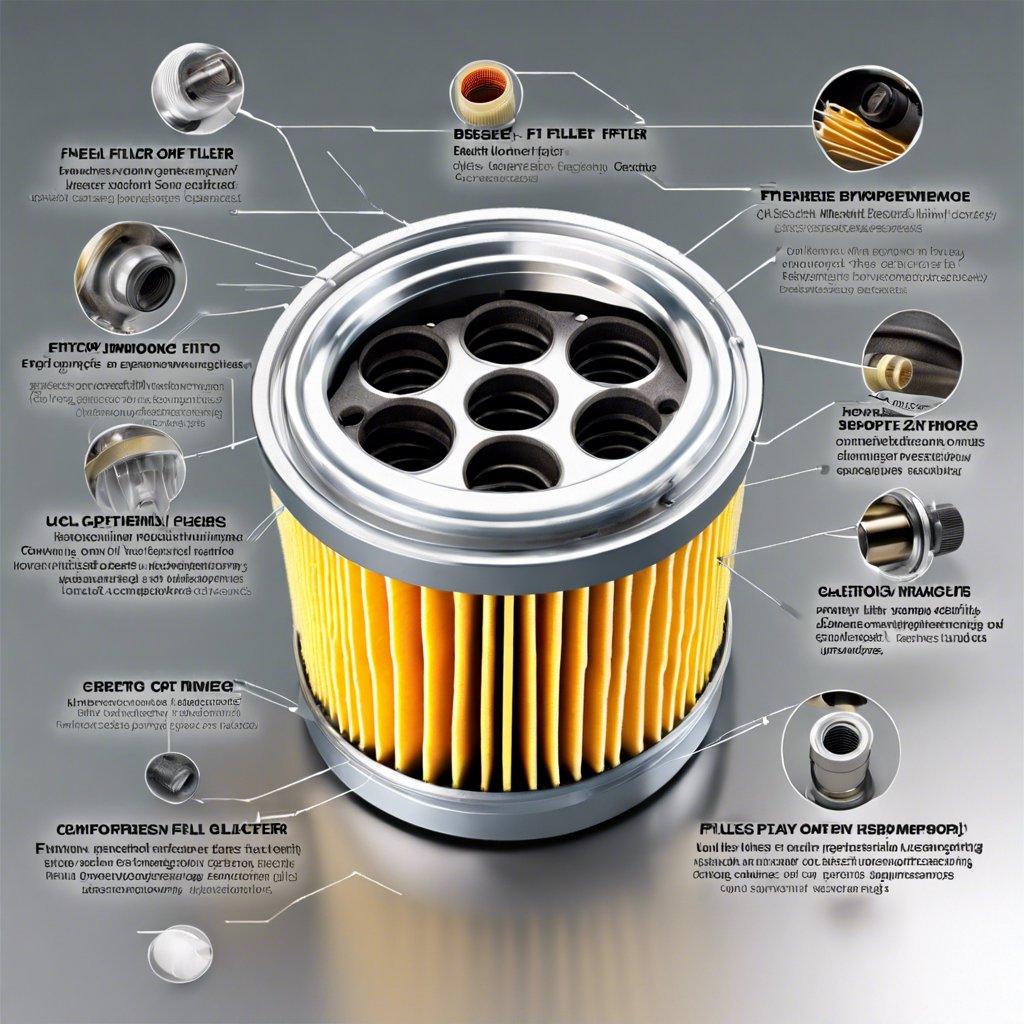Can a Clogged Fuel Filter Cause a Misfire?
Your vehicle’s fuel filter is an integral component in its system, purifying fuel before sending it to its injectors and helping protect against engine misfires. Clogged or defective filters may lead to engine misfires which in turn could cause engine misfiring.
If your vehicle is taking longer to start or requires excessive cranking to start up, this could be a telltale sign that the fuel filter has become blocked up and requires replacement.
Clogged Fuel Filter
If your vehicle experiences engine misfires, a clogged fuel filter could be to blame. Your car’s filter helps protect its fuel system against dirt, debris and contaminants from entering, but over time it may become blocked up and prevent the fuel from reaching your engine, creating issues during combustion.
Normal operation of your vehicle’s gas pump delivers fuel directly to each spark plug via its fuel filter, increasing in pressure as it goes through it and creating an air/fuel mixture within your engine chamber that fails to ignite, leading to misfires in certain cylinders.
Dirty Fuel Filter
Fuel filters are essential components to protecting the engine of any car from impurities and contaminants found in fuel. Over time, however, the filter can become saturated or even clogged reducing gasoline flow to your engine and potentially leading to misfires.
If your engine stalls, or shows other symptoms of a dirty fuel filter, it is a wise idea to seek professional assistance immediately. Experienced mechanics will be able to replace it efficiently and swiftly for optimal vehicle operation.
Due to lack of experience and gasoline being highly flammable, attempting to change your own fuel filter yourself could pose additional issues. Always use caution when handling gasoline; leave any rags that have come into contact with it to dry before disposing. Likewise, be sure to wear protective gloves and eye protection when handling your filter!
Broken Fuel Filter
Before fuel can reach an engine, it must first pass through a filter. If this filter becomes damaged or clogged, the flow of gasoline may become restricted causing misfires to occur in an engine during times of high stress such as acceleration and driving up hills. Symptoms typically become most apparent during these situations.
One easy way to test for a broken or clogged fuel filter is by blowing into its inlet while it is removed from your vehicle and blowing on it while removed from service.
Make sure the inlet is free from obstructions and facing downward towards your towel (remember gasoline is toxic and flammable!).
Replacement of an outdated fuel filter should rectify the issue; however, if this doesn’t do the trick, further inspection of your tank, pump and injectors might be required to identify other potential causes and determine the necessary repairs.
Low Fuel Pressure
As soon as your fuel filter becomes clogged, it will start restricting how much fuel can pass through it, forcing your pump to work harder and straining your engine. Over time this can cause fuel pressure to decrease, impacting how much each injector receives; when these injectors don’t get enough fuel they run hot, potentially melting or shorting out and prompting your Powertrain Control Module to record an error code like P0171. At least annually, it’s essential to check and replace fuel filters to ensure that your engine receives an appropriate amount of fuel and to avoid misfires. A certified mechanic can inspect old filters for signs of wear-and-tear before extracting them from




Post Comment